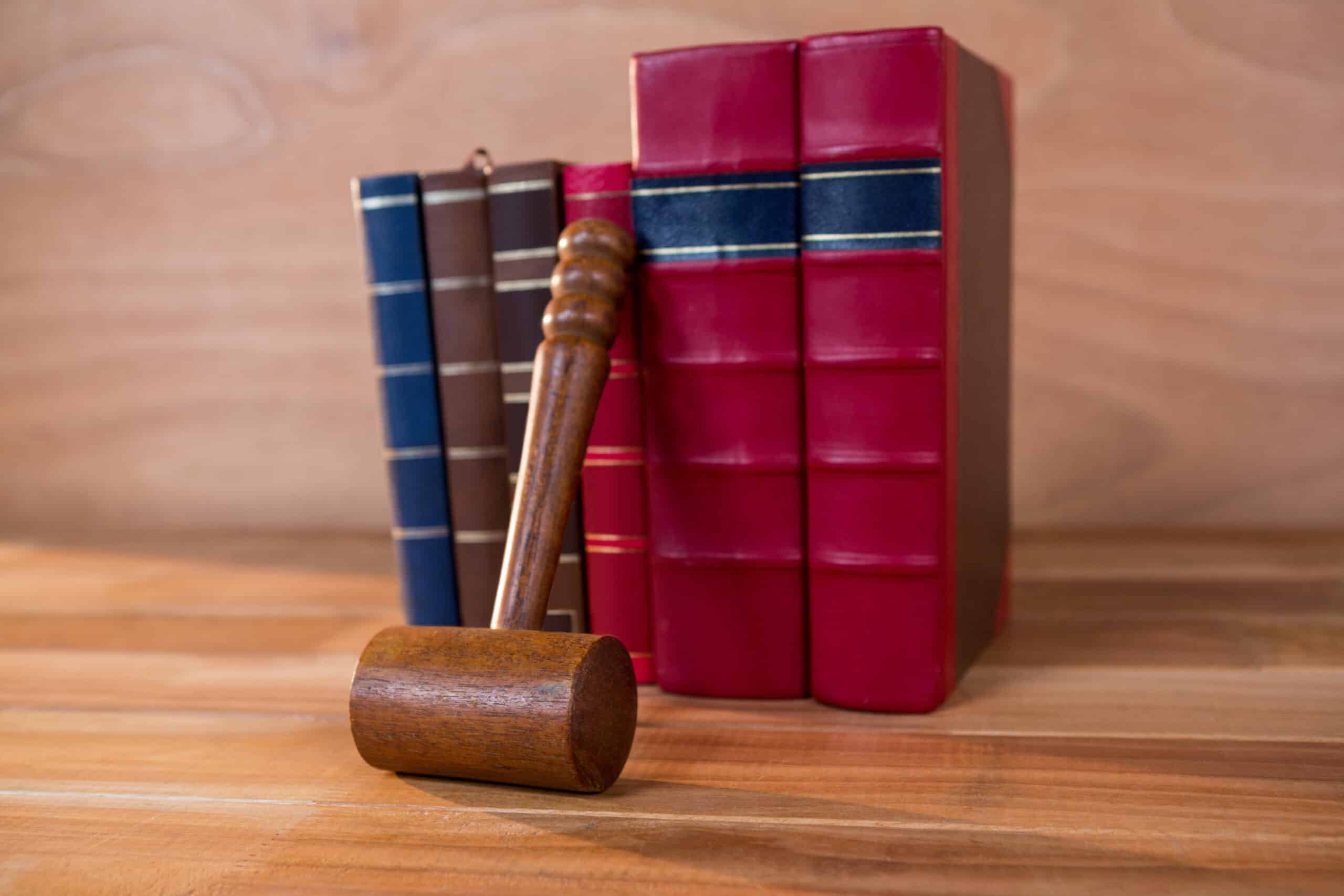Your Comprehensive Estate Planning Checklist: Safeguarding Your Legacy
January 5, 2024

Estate planning is a crucial process that ensures your wishes are carried out efficiently, assets are protected, and loved ones are provided for. To embark on this journey, it’s essential to have a comprehensive estate planning checklist. In this blog post, we’ll guide you through three key sections of an effective estate planning checklist.
-
Essential Documents and Decision-Making
1.1 last will:
The foundation of any estate plan, a will outlines how your assets should be distributed after your passing. Clearly define beneficiaries, including individuals and charitable organizations, and appoint an executor to oversee the process.
1.2 Trusts:
Consider establishing trusts to manage and distribute assets more efficiently. Revocable living trusts can provide flexibility during your lifetime, while irrevocable trusts offer specific tax advantages. Identify which type aligns with your goals and consult with an estate planning attorney for guidance.
1.3 Advance Healthcare Directive:
This document outlines your preferences for medical treatment if you become unable to make decisions. Designate a healthcare proxy to make medical decisions on your behalf and specify your wishes regarding life-sustaining measures, organ donation, and more.
1.4 Financial Power of Attorney:
In the event of incapacity, a financial power of attorney appoints someone to manage your financial affairs. Choose a trusted individual to handle tasks such as bill payment, investment management, and property transactions.
-
Family and Beneficiary Considerations
2.1 Guardianship for Minors:
If you have children, designate a guardian who will care for them in the event of your untimely passing. Discuss this responsibility with the chosen guardian and ensure they are willing and able to take on this vital role.
2.2 Beneficiary Designations:
Review and update beneficiary designations on life insurance policies, retirement accounts, and other assets. Ensure these designations align with your current wishes and account for any major life changes such as marriages, divorces, or births.
2.3 Digital Assets:
In the age of technology, it’s essential to address digital assets. Provide a list of usernames, passwords, and instructions for accessing online accounts. Consider appointing a digital executor to manage and close these accounts according to your wishes.
-
Tax Planning and Asset Protection
3.1 Estate Tax Planning:
Understand the estate tax laws in your jurisdiction and explore strategies to minimize tax implications. This may involve gifting strategies, establishing trusts, or leveraging exemptions available to you.
3.2 Insurance Coverage:
Review your life insurance coverage to ensure it aligns with your current financial situation and estate planning goals. Life insurance can be a crucial tool in providing for your loved ones and covering outstanding debts.
3.3 Business Succession Planning:
If you own a business, incorporate business succession planning into your estate strategy. Outline a plan for the smooth transition of ownership, ensuring the continuity of your business and the financial security of your heirs.
A well-structured estate planning checklist is a roadmap to safeguarding your legacy and providing for the future. Regularly review and update your estate plan to reflect changes in your life, financial situation, and legal landscape. Consult with an experienced estate planning attorney to navigate the complexities and ensure your wishes are carried out with precision. By taking proactive steps today, you are securing a better tomorrow for yourself and your loved ones.


